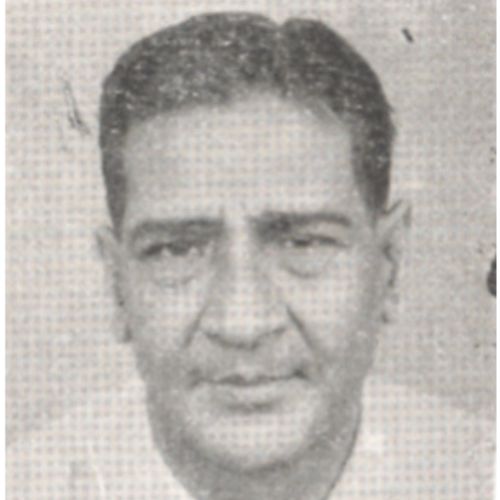Early Life
Satish Chandra was born on 27th January 1917 in Bareilly. He completed his B.SC in Agriculture from the Government Agriculture College in Kanpur and obtained an MA in Economics from Bareilly College. After his education, Chandra began his career as a businessman.
He joined the Indian National Congress in 1935 and thereafter became a member of the All India Congress Committee and the United Provinces Congress Committee. He was also associated with the Congress Socialist Party until 1945, where he actively participated in trade union and Dalit welfare activities.
Role in India’s Independence Movement
Chandra’s involvement in various freedom struggle movements got him imprisoned thrice.
Contribution to Constitution Making
He was elected to the Constituent Assembly from the United Provinces constituency on a Congress ticket.
Later Contributions
Chandra was very active in politics post-independence, beginning with him founding the Indian Youth Congress in 1949. From 1949 until 1952, he was chosen as a member of various national committees for foodgrains, railways, and scientific research. He was also on the Board of Trustees for several educational and medical institutions.
His first official political position was as the Parliamentary Secretary to the Prime Minister in 1951. After this, he was elected to represent Bareilly in the Lok Sabha on two terms (in 1952 and 1971). Chandra also held the position of deputy minister for defence (1952-55), production (1955-57), and commerce and industry (1957-62).
After resigning from the deputy minister role, Chandra took an active interest in the business. From 1962 to 1965, he occupied the position of chairman in the BIC Group of Industries and the Indian Airlines Corporation. He continued to have an active role in Indian politics, part of several delegations to foreign countries for machine tools, trade, fertilizer, and airlines.
During the discussion on Supreme Court judges, he argued in favour of removing the age limit of 65 years.

